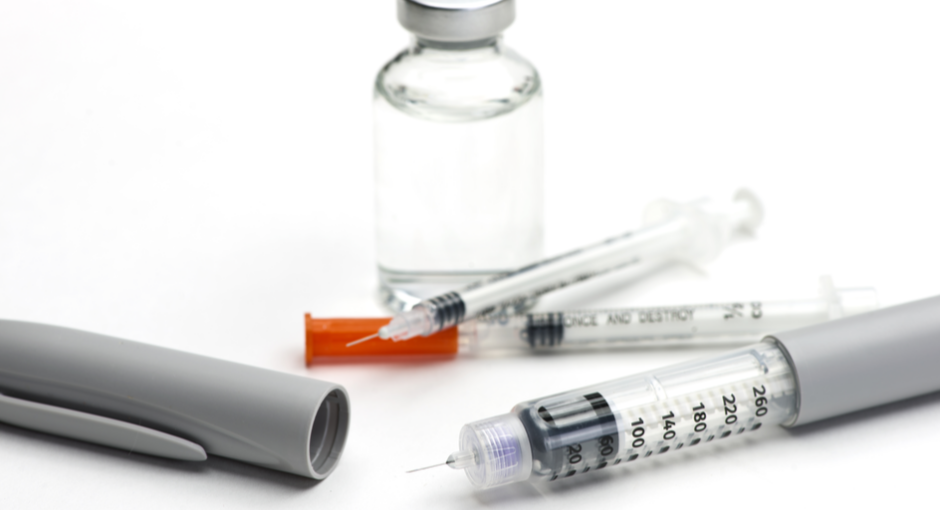U.S. insulin manufacturer and pharmacy benefit manager (PBM) business practices “have created a vicious cycle of price increases that have sent costs for patients and taxpayers through the roof,” U.S. Senate Finance Committee leaders Chuck Grassley (R-Iowa) and Ron Wyden (D-Ore.) said last week upon releasing the results of their two-year-long investigation “into the skyrocketing price of insulin.”
While the report does not mention the 340B program, its findings could shed light on why the three insulin manufacturers serving the U.S. market—Lilly, Sanofi, and Novo Nordisk—are leading the drug industry fight against 340B contract pharmacy. The report also might have revealed what’s motivating Lilly, Sanofi, and Novo Nordisk so powerfully—namely, the desire to reduce 340B drug discount liabilities to make up for revenues lost to what lawmakers perceive as massive PBM rebates.
All three companies are refusing to offer 340B pricing on insulin and other drugs dispensed by contract pharmacies. Sanofi, notably, is conditioning its 340B pricing on insulin and its other medications on covered entities’ provision of contract pharmacy claims data to a Sanofi vendor. “Data uploaded by 340B covered entities will be used to identify and resolve duplicate Medicaid and commercial rebates, it says.
Federal law forbids duplicate 340B discounts and Medicaid rebates on the same drugs. Covered entities are legally responsible for preventing duplicate discounts only in Medicaid fee for service.
In the new Senate Finance report, committee staff found that Lilly, Sanofi, and Novo Nordisk increased insulin’s wholesale price “to give them room to offer larger rebates to PBMs and health insurers, all in the hopes that their product would receive preferred formulary placement. This pricing strategy translated into higher sales volumes and revenue for manufacturers.”
The report found that manufacturer rebates for insulins have increased exponentially since 2013 from single digits to 60 percent or more for the largest accounts. “As this investigation has shown, the size of rebates for the insulin therapeutic class has risen rapidly, with some PBMs securing rebates as high as 70% in recent years,” the report said.
However, the report said, “It is clear that WAC prices have not kept up with the growing size of rebates, discounts, and other fees, putting pressure on pharmaceutical manufacturers’ margins. The Committee found examples of manufacturers recognizing this market dynamic and seeking to make up for lost revenue elsewhere.”
“There is clearly something broken when a product like insulin that’s been on the market longer than most people have been alive skyrockets in price,” Grassley said. “We found that the business practices of and the competitive relationships between manufacturers and middlemen have created a vicious cycle of price increases that have sent costs for patients and taxpayers through the roof. This industry is anything but a free market when PBMs spur drug makers to hike list prices in order to secure prime formulary placement and greater rebates and fees.”
“Insulin manufacturers lit the fuse on skyrocketing prices by matching each other’s price increases step for step rather than competing to lower them, while PBMs, acting as middlemen for insurers, fanned the flames to take a bigger cut of the secret rebates and hidden fees they negotiate,” Wyden said. “Consolidation within the PBM industry has not improved the situation. These findings make it clearer than ever why Congress must make fundamental reforms to the way drugs are priced and paid for.”
Wyden will soon succeed Grassley as the committee chair. Although Grassley will not be the committee’s ranking Republic due to term limits (Sen. Mike Crapo of Idaho will be the ranking GOP member), he will remain a highly influential member, especially on 340B policy.


